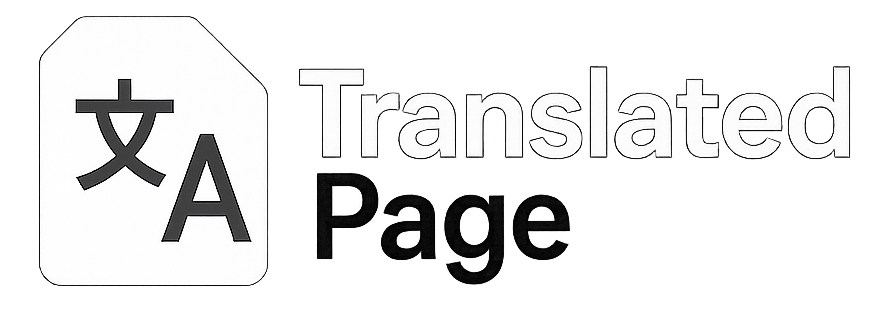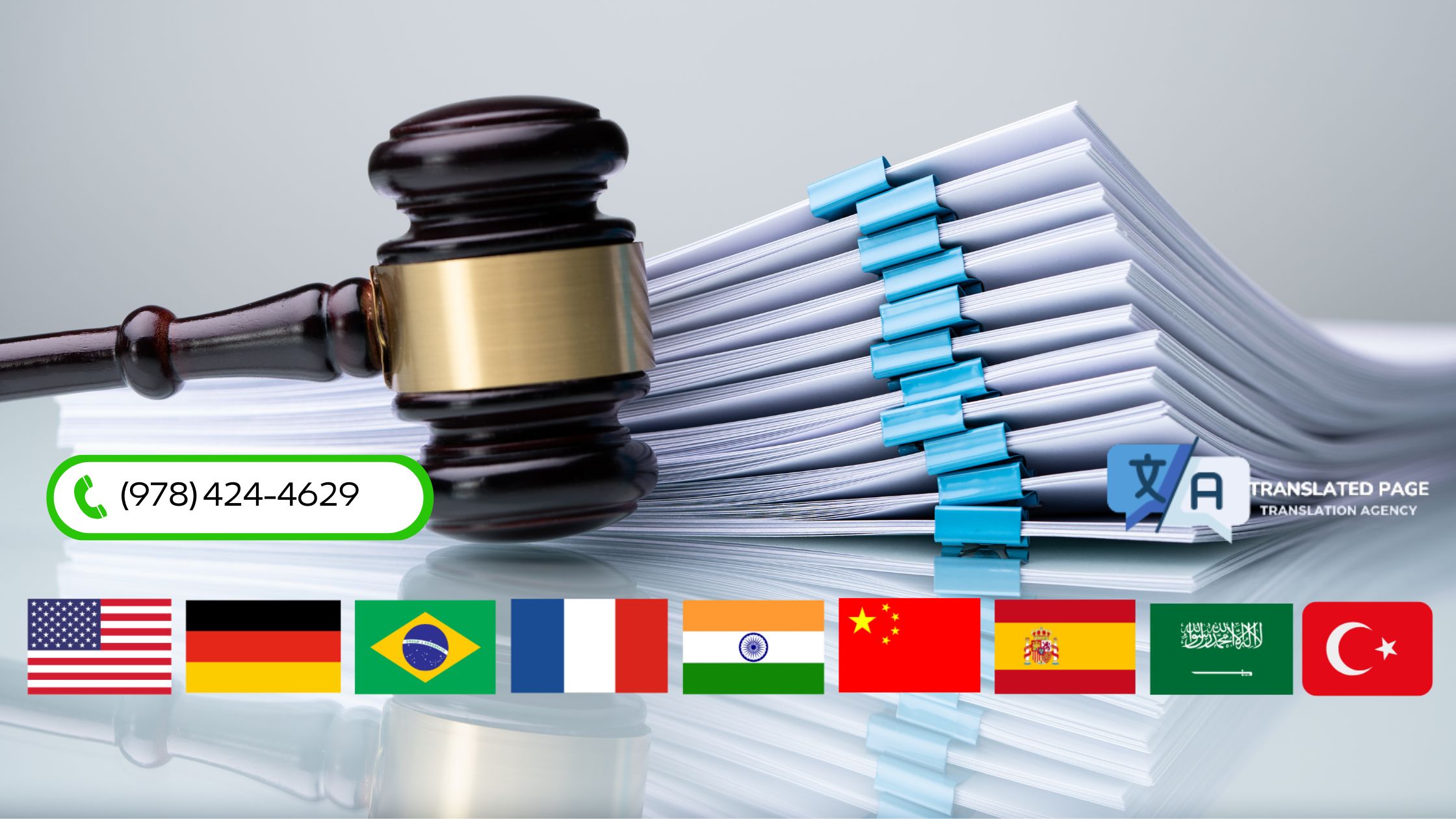Legal documents aren’t just words on paper — they’re legally binding records that can impact court decisions, immigration status, and international agreements. When these documents cross borders or language barriers, precision isn’t a luxury — it’s a necessity.
For New Hampshire residents dealing with multilingual legal matters, getting documents professionally translated is a vital step. But where do you start? How do you ensure your translations are accepted by courts, government agencies, or foreign consulates? This guide breaks it down step-by-step — and shows why working with a certified local provider like TranslatedPage.com can save you time, money, and legal headaches.
Step 1: Understand Which Legal Documents Require Translation
Legal document translation in New Hampshire often includes:
- Contracts and business agreements
- Birth, marriage, and death certificates
- Court transcripts and legal rulings
- Power of attorney and affidavits
- Immigration filings
- Police reports and criminal background checks
These documents are often required by government agencies, schools, lawyers, or international businesses. You must certify — and sometimes notarize — the translation if you’re submitting these to USCIS or a foreign embassy. TranslatedPage.com offers USCIS-compliant certified translations, a must-have for immigration and legal processes.
Step 2: Choose a Certified Translation Provider
In New Hampshire, there’s no state-regulated “certified translator” license. Instead, “certified translation” refers to the translator’s signed statement affirming that the translation is complete and accurate. Working with an established provider such as TranslatedPage.com is crucial. Their translators are professionals with documented experience in legal terminology, and their certifications are recognized by:
- USCIS
- New Hampshire Courts
- Foreign consulates
- Academic institutions
Need to verify their credibility? Check their Google Business page for real client reviews and to assess their reputation.

Step 3: Confirm Notarization or Apostille Requirements
Legal translations often require notarization or even apostille authentication for international use. This is especially true for:
- Power of attorney documents
- International contracts
- Adoption papers
- Court orders used abroad
The apostille process can be complex and varies by destination country. TranslatedPage.com offers both translation and apostille processing—saving you from bouncing between multiple providers. For clients dealing with embassies or international courts, this bundled service is a huge time-saver.
Step 4: Ask About Turnaround Times and Cost
Legal matters often come with deadlines. That’s why turnaround time is critical when choosing a translator. Depending on the length and language, TranslatedPage.com completes most legal document translations within 24 to 48 hours. Typical pricing factors include:
- Number of words
- Language pair (e.g., English to Spanish vs. English to Arabic)
- Certification and notarization fees
There are no surprise fees. You’ll receive a flat-rate quote upfront. Additionally, they accept documents via email or secure upload, eliminating the need for an in-person visit unless notarization is required.
Step 5: Review Before Submission
Before submitting your translated legal document, always verify:
- All personal names are spelled correctly
- Legal terms are accurately translated (especially with civil vs. criminal terminology)
- No pages are missing
- The translator’s certification is attached
TranslatedPage.com includes this review as part of their quality control process. They also work directly with clients to resolve questions or concerns.
Why Legal Translation Accuracy Is Critical
A single mistranslation in a legal document can lead to:
- Immigration application denial
- Invalid contracts
- Court delays or dismissals
- Lost business deals
Legal language is complex. It includes terminology that doesn’t always have a direct equivalent in other languages. That’s why certified legal translators—not just bilingual speakers—are essential.
Real-World Example: A Misstep That Cost Thousands
A New Hampshire resident once submitted a translated power of attorney for property sale overseas. Unfortunately, the translator used ambiguous language that conflicted with local law. The result? The client faced rejection of the sale and had to restart the process, which resulted in delays exceeding $5,000. This could’ve been avoided with a certified, reviewed translation by a trusted agency like TranslatedPage.com.
Legal Systems in New Hampshire Are Getting Stricter
New Hampshire courts increasingly require professional, certified translations. According to the New Hampshire Judicial Branch, courts may reject filings if the translation is deemed unclear, unofficial, or incomplete.
This shift toward stricter standards makes it more important than ever to work with professional translators — especially for court records, notarized affidavits, or official complaints.
Serving Clients Across New Hampshire
Whether you’re in Manchester, Nashua, Concord, or a rural part of the state, TranslatedPage.com supports you with:
- Remote document submissions
- Notarized translations via appointment
- Mail-in apostille services
- Expert support for immigration, court filings, and cross-border legal cases
View the full list of services on their website to see how they support individuals, law firms, and businesses statewide.
Final Thoughts
Legal document translation is not a DIY project. It requires expertise, compliance, and precision. In New Hampshire, choosing a trusted provider like TranslatedPage.com gives you confidence your documents are accurate, accepted, and ready for use. For more insights and legal translation tips, visit their blog or contact them directly for a free quote.





